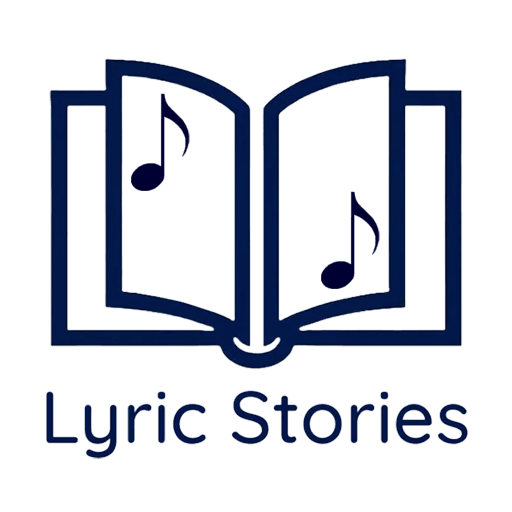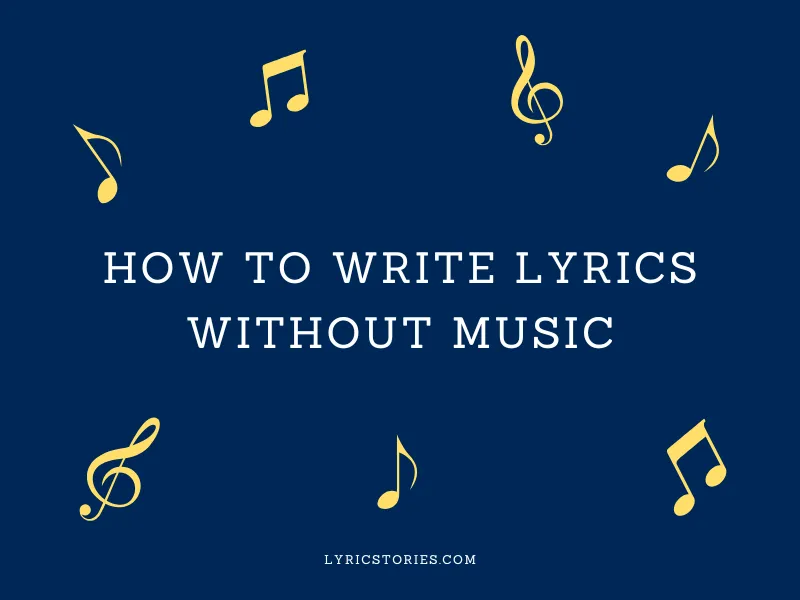Writing song lyrics without music is an inspiring way to let creativity flow. Many songwriters find this approach liberating, as it allows them to focus solely on storytelling and emotions without worrying about melody or instrumentation. Whether you’re a beginner or an experienced lyricist, learning how to write song lyrics without music can result in powerful and meaningful songs.
In this article, we’ll explore techniques, strategies, and tips for writing lyrics that stand strong on their own. By the end, you’ll have the tools to create evocative and memorable lyrics, even without a melody.
Why Write Lyrics Without Music?
Many successful songs start with lyrics, serving as the foundation for the entire composition. Writing lyrics first offers several advantages:
- Unrestricted Creativity: Without a melody, you can explore words and ideas without constraints.
- Focus on Meaning: It allows you to go deeper into storytelling and the emotions behind your words.
- Easier Collaboration: Lyrics can be shared with musicians or producers to create music that matches the song’s tone.
- Practice Writing Skills: It’s a fantastic way to refine your ability to use imagery, metaphors, and wordplay effectively.
Define the Theme and Message
Start with the Central Idea
Before writing, think about the story or emotion you want your song to convey. Is it about love, loss, resilience, or adventure? Knowing what you want to write your song about provides direction for your lyrics.
Answer Key Questions
Ask yourself:
- What’s the message of this song?
- Who is the speaker?
- Who or what is the subject of the lyrics?
For example, a song about overcoming hardship might explore themes of determination and hope.
Create a Structure
Understand Common Song Structures
Even without music, planning how your lyrics will flow is helpful. Consider these popular structures:
- Verse-Chorus-Verse-Chorus-Bridge-Chorus
- ABABCB (where A is the verse, B is the chorus, and C is the bridge)
This framework ensures your song has a natural progression.
Play with Rhythms and Patterns
Even if you don’t have a melody yet, think about how the words might sound when sung. Experiment with syllable counts or rhyming patterns to give your lyrics a sense of rhythm.
Use Imagery and Descriptive Language
Great lyrics paint a picture or evoke strong emotions. Use sensory language to immerse listeners in the song’s world.
Show, Don’t Tell
Instead of saying, “I feel sad,” try illustrating the emotion:
- “The rain won’t stop, and the cold seeps in.”
Draw Inspiration from Life
Take cues from personal experiences, nature, or even a single photograph. This can provide vivid imagery and relatable themes.
Experiment with Writing Techniques
Freewriting
Set a timer for 10 minutes and write without stopping. Don’t worry about rhymes or coherence. This exercise often brings unexpected ideas to the surface.
Word Associations
Start with one word related to your theme and jot down everything it makes you think of. For a song about freedom, you might list “wings,” “horizon,” or “unbound.” The Word Associations Network is a great tool to use if you need some help.
Use Prompts or Challenges
Try writing a song verse using only metaphors or crafting a chorus around a single powerful phrase.
Revise and Refine
The first draft of your lyrics likely won’t be perfect, and that’s okay. Revision is where your lyrics truly shine.
Focus on Clarity
Ensure your lyrics convey the intended message. Cut any lines that feel out of place or overly complex.
Read Aloud or Sing
Even without music, try singing your lyrics. This can reveal awkward phrasing or areas that need more rhythm.
Seek Feedback
Share your lyrics with trusted friends or fellow songwriters. They can offer fresh perspectives and ideas.
Finding Inspiration
Explore Other Art Forms
Movies, books, and paintings can inspire powerful lyrics. A dramatic film might spark a narrative song, while a photograph could provide imagery.
Look to Nature
The natural world is filled with symbolic and emotional potential. Think of phrases like “whispering winds” or “endless ocean.”
Use Online Tools
Tools like RhymeZone or Song Name Generator can help you brainstorm rhymes and ideas. These resources are especially helpful if you’re stuck on a specific line.
Use Your Title to Inspire Your Lyrics
Sometimes, starting with a strong song title can spark ideas for your lyrics. A compelling title sets the tone, creates intrigue, and hints at the theme of your song, which can guide your writing process.
If you need help crafting unforgettable titles, check out our guide on How to Write a Song Title for tips and inspiration.
Final Thoughts
Writing song lyrics without music is a skill that sharpens creativity and storytelling. By focusing on the theme, experimenting with structure, and refining your words, you can craft lyrics that stand strong on their own and avoid the lyric writing mistakes that slow other songwriters down. Whether you’re creating for fun or as part of a collaboration, these techniques will help you produce lyrics that resonate deeply with listeners.
Remember, some of the most iconic songs started as words on a page. Let your imagination take the lead, and enjoy the journey of bringing your lyrics to life.
If you’re looking for more advice, check out our Easy Lyric Writing Exercises and our complete guide on How to Write Lyrics for a Song.

